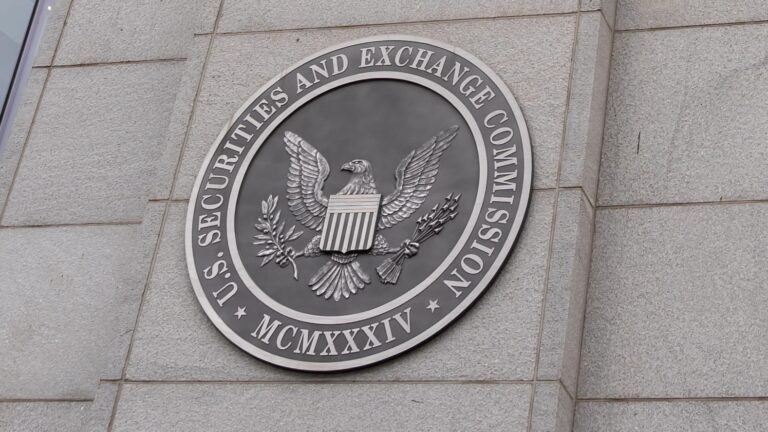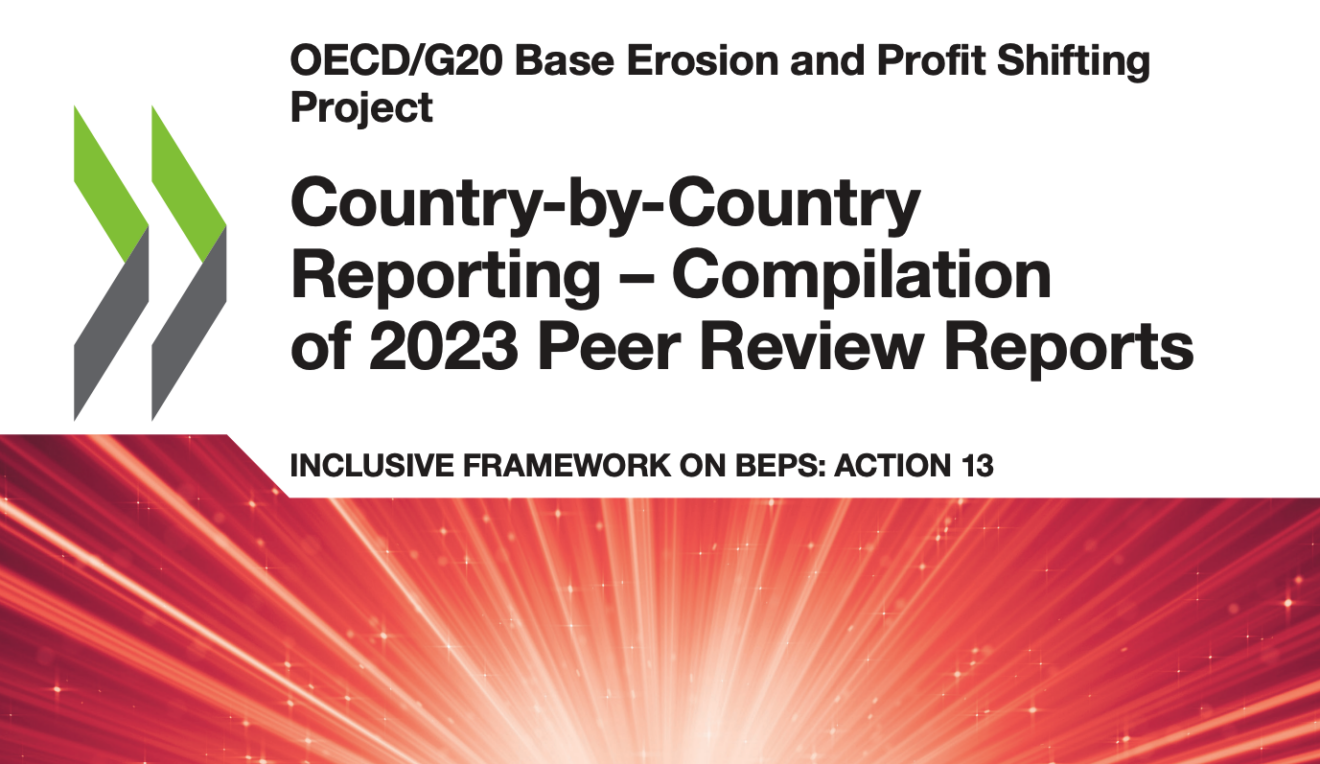
Funds industry associations have launched a lawsuit against the US Securities and Exchange Commission over new rules requiring proprietary trading firms and hedge funds to register as dealers in the US Treasury market.
The Managed Funds Association (MFA), Alternative Investment Management Association (AIMA) and National Association of Private Fund Managers (NAPFM) filed a lawsuit on Monday in federal court in Texas to block the SEC’s rule that expands the definitions of “dealer” and “government securities dealer”.
The associations argue the Dealer Rule is vague, unnecessarily broad and exceeds SEC’s statutory authority by incorrectly concluding that customers of dealers may be dealers themselves.
Under the rules, dealers include firms that buy and sell securities for their own account as part of the regular course of their business.
Jack Inglis, AIMA CEO, said in a press release the rule would force certain hedge funds, who are not dealers and have never been considered dealers, to either register as dealers, and subject them to an unworkable regulatory framework, or force them to cut or cease their trading activity altogether.
“Both results will lead to unnecessary and significant harm to markets, investors, and certain funds,” Inglis added.
The SEC says the rules approved last month ensure high-frequency traders will be subject to the same scrutiny as other firms, and that registration is necessary because the firms in question make up a considerable portion of treasuries trading volume.
“If the rule is permitted to stand, it could mean that managers in scope and the funds they manage would lose their customer protections with their dealer counterparties and could not participate in IPOs,” MFA President and Chief Executive Officer Bryan Corbett said in a statement. “This would harm funds, their investors, and issuers looking to raise capital,” he added.
The complaint asserts that the rule upends the well-understood meaning of what constitutes dealer activity under the Securities Exchange Act of 1934 and nearly a century of market practice.
The associations said, “The Dealer Rule is indeterminate and overbroad and can be read to capture a wide variety of non-dealing activity, thereby subjecting private funds to dealer registration in what can only be described as an end-run around legislative intent.
“Moreover, the Dealer Rule is expressly non-exclusive, with no presumption of compliance even if a market participant falls outside the new definition, affording market participants no meaningful way to understand with certainty who counts as a dealer.”
The rule could deter regulated market participants, such as registered investment advisers, from engaging in investment activity in various asset classes, including US treasuries.
It is the third lawsuit filed by the three fund associations against the SEC in recent months. The first one involved new disclosures and regulations for private funds, while the second concerned the disclosure of short selling and stock lending activities.
The National Association of Private Fund Managers said with respect to the lawsuits that the SEC “tries to extend its reach over private funds in ways Congress never imagined”.
The SEC said in a statement that it “undertakes rule making consistent with its authorities and laws governing the administrative process, and we will vigorously defend challenged rules in court.”


